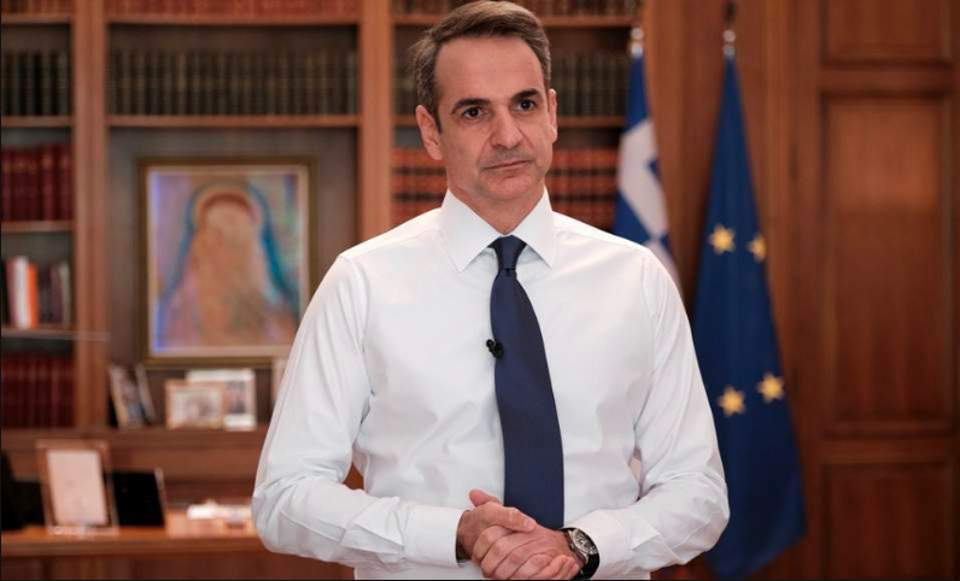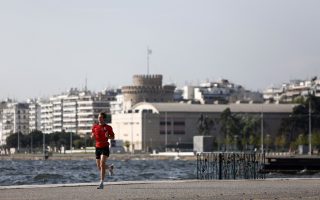Greece unveils plan to loosen lockdown

Thirty-seven days after Greece went into full lockdown to slow the spread of coronavirus, Prime Minister Kyriakos Mitsotakis unveiled a a long-awaited plan for the gradual lifting of the restrictive measures that will allow daily activities to resume and the battered economy to recover.
In a scheduled televised address to the nation, the prime minister thanked Greeks for adhering to the restricitons, noting that the country "is now ready to proceed to the second phase" of the plan.
The plan will unfold in three phases – from May 4 to mid-June – and, depending on the data, it will change accordingly.
The first phase will start next week (May 4), when small retail shops and hair salons will be allowed to open. Also the SMS system for venturing outside the home will also be scrapped. Next Monday will also see the lifting on the movement of people within their prefecture of residence, but not outside.
Churches will reopen for individuals to pray alone, and with strict rules for the maximum number of worshippers allowed inside the church at ant one time. Services are still banned.
On May 11, senior high schoolers will be able to return to their classes and all retail stores will reopen and on May 17 churches will be allowed to resume services and sacraments, but will have to adhere to strict social distancing rules.
A further relaxation will come a week later on May 18, when schools will open for lower grades of high school. On the same day, archaeological sites will open for visitors.
Malls, cafes and restaurants (only with outside sitting) will be back in business on June 1, following social distancing rules.
Mitsotakis noted that the progressive reopening will be reviewed every 24 hours by a panel of experts. “This is not the end of the ordeal, but a continuation. I will say it again: Our exit from the quarantine will be done step by step. No one can rule out a possible resurgence of the threat,” he said.
His announcements will be followed by a joint press conference of the competent deputy ministers who will present details of the measures.
Until Monday afternoon, Greece had officially confirmed 2,534 infections and 136 deaths, one of the lowest in Europe (unconfirmed numbers on Tuesday raised the death toll to 138). Forty-three people were being treated in intensive care units after contracting the virus, while 65 had left ICUs. Health authorities had conducted a total of 66,094 tests until Monday.
The Greek economy is expected to record a recession of 10 percent in the current year, as a result of the macroeconomic shocks caused by the coronavirus pandemic, according to a recent report by the International Monetary Fund (IMF). The report said the recession will be followed by a 5.1 percent growth in 2021.
On its side, the Greek government foresees a contraction of 5-10 percent in 2020.





